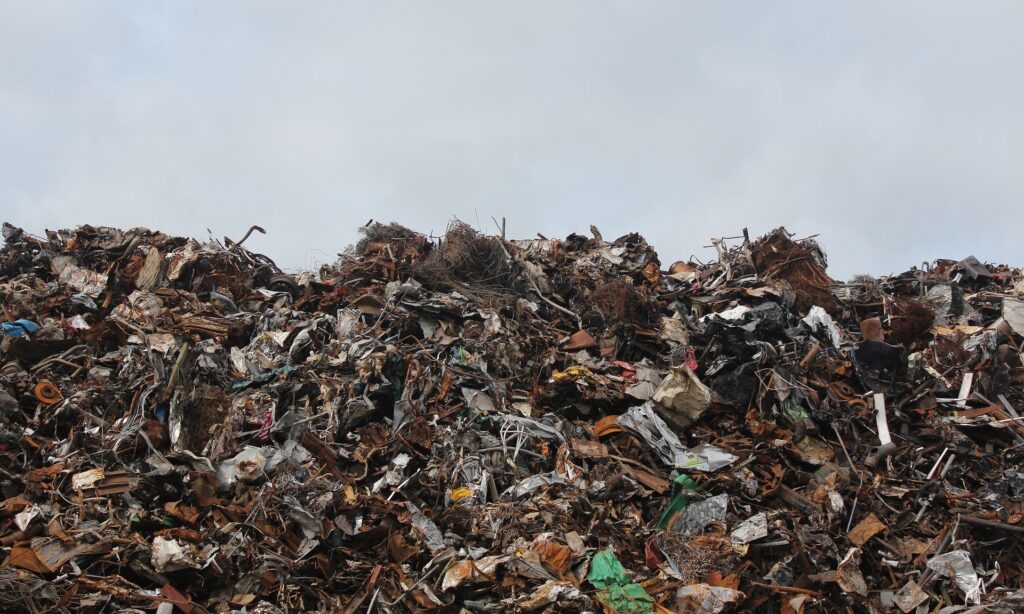The Environment Agency (EA) is urging farmers, agricultural businesses and waste companies are to check their waste management processes or face enforcement action following a marked increase in contaminated agricultural plastic waste being intercepted at shipping ports, bound for illegal export.
This year, the EA has intercepted numerous illegal shipments of contaminated agricultural plastic waste, including silage wrap, which were destined for countries around the world.
In order to legally export contaminated agricultural plastic waste including silage wrap, prior consent is required from both the source country and its destination, alongside all countries through which it travels. These wastes cannot be exported unless the permission of the EA and applicable overseas authorities has been obtained in advance.
To ensure that waste is handled properly through to its final recovery or disposal point, the EA advises that farmers and agricultural businesses should always:
- use the EA website to check that the waste firms they are dealing with have the necessary authorisations for carrying, dealing or brokering waste;
- ensure the waste is accurately described on waste transfer documentation;
- ask where the waste is going;
- ask for evidence that the waste company is authorised to store or treat it and what they intend to do with the waste afterwards
“We take waste crime very seriously, with teams stationed across the country to disrupt illegal activity,” said Malcolm Lythgo, head of waste regulation at the EA. “It risks real damage to people and natural environments both at home and abroad.
“We know that farmers and the agricultural sector care deeply about the environment and don’t want to see their waste being illegally exported, but unfortunately we are stopping an increasing amount of contaminated agricultural plastic waste, and it’s vital that everyone knows where their waste ends up.
“That is why we want to remind farmers and agricultural businesses that they have a legal duty of care to conduct checks on those who collect, store or treat their waste. Anyone involved in its illegal export, from the producer to the exporter, is liable and could face severe penalties.”
The help with compliance, an Export Waste Crime Working Group has been formed, which is initially focusing on plastic and brings together experts from across industry and government to increase resilience against waste crime and engage with the UK’s environmental regulators to support more effective ways to prevent and tackle the illegal activity blighting our industry.
“There are no quick or simple fixes to these challenges, but already we have seen positive steps in terms of engagement and open dialogue with the Environment Agency, and we look forward to carrying this positive activity forward to both tighten the controls around illegal exports and increase confidence in the UK as a quality exporter of material.,” Steve Morgan, WACT member and Policy & Infrastructure Manager at plastics recycling charity RECOUP, said.




